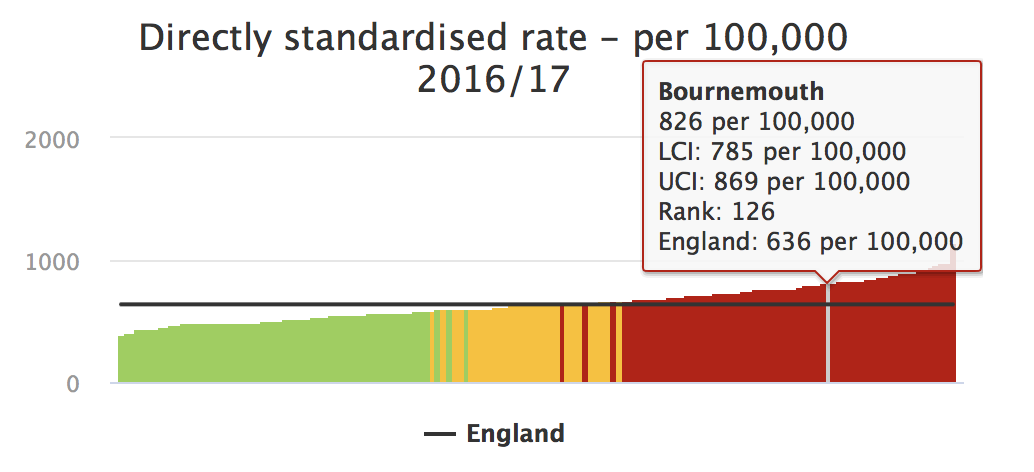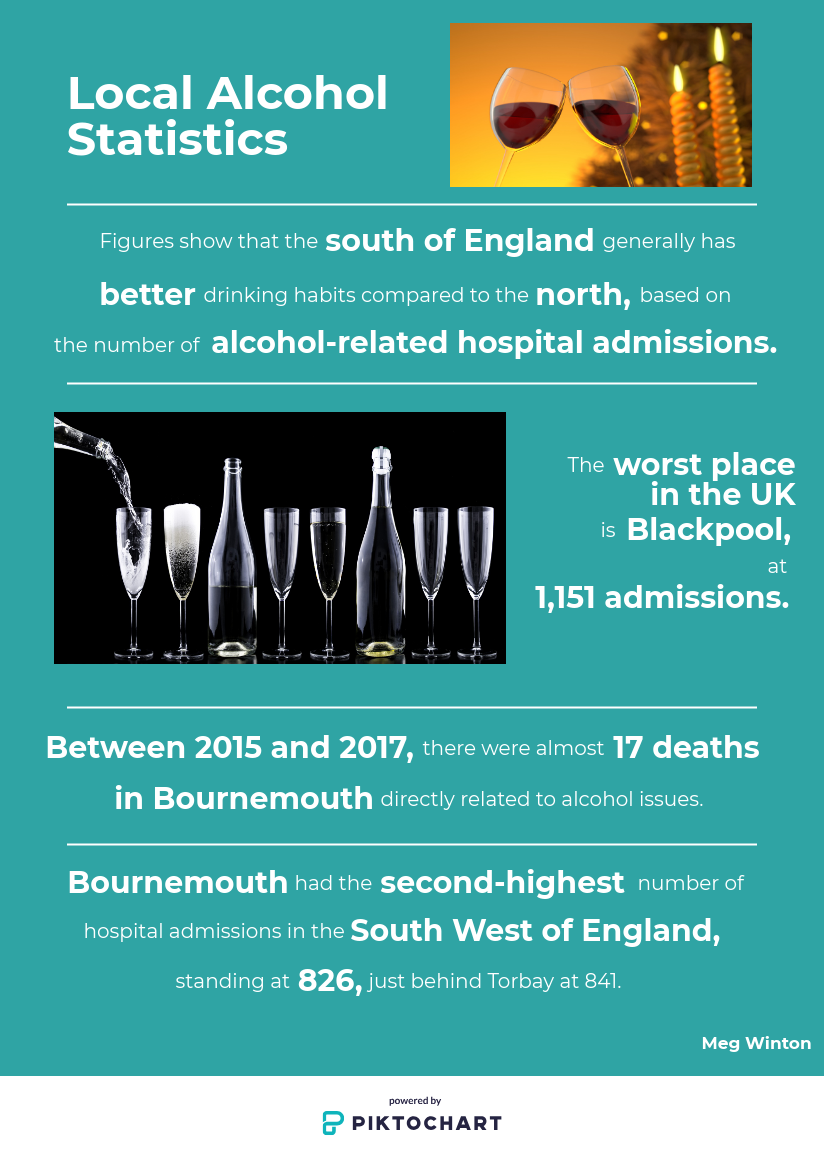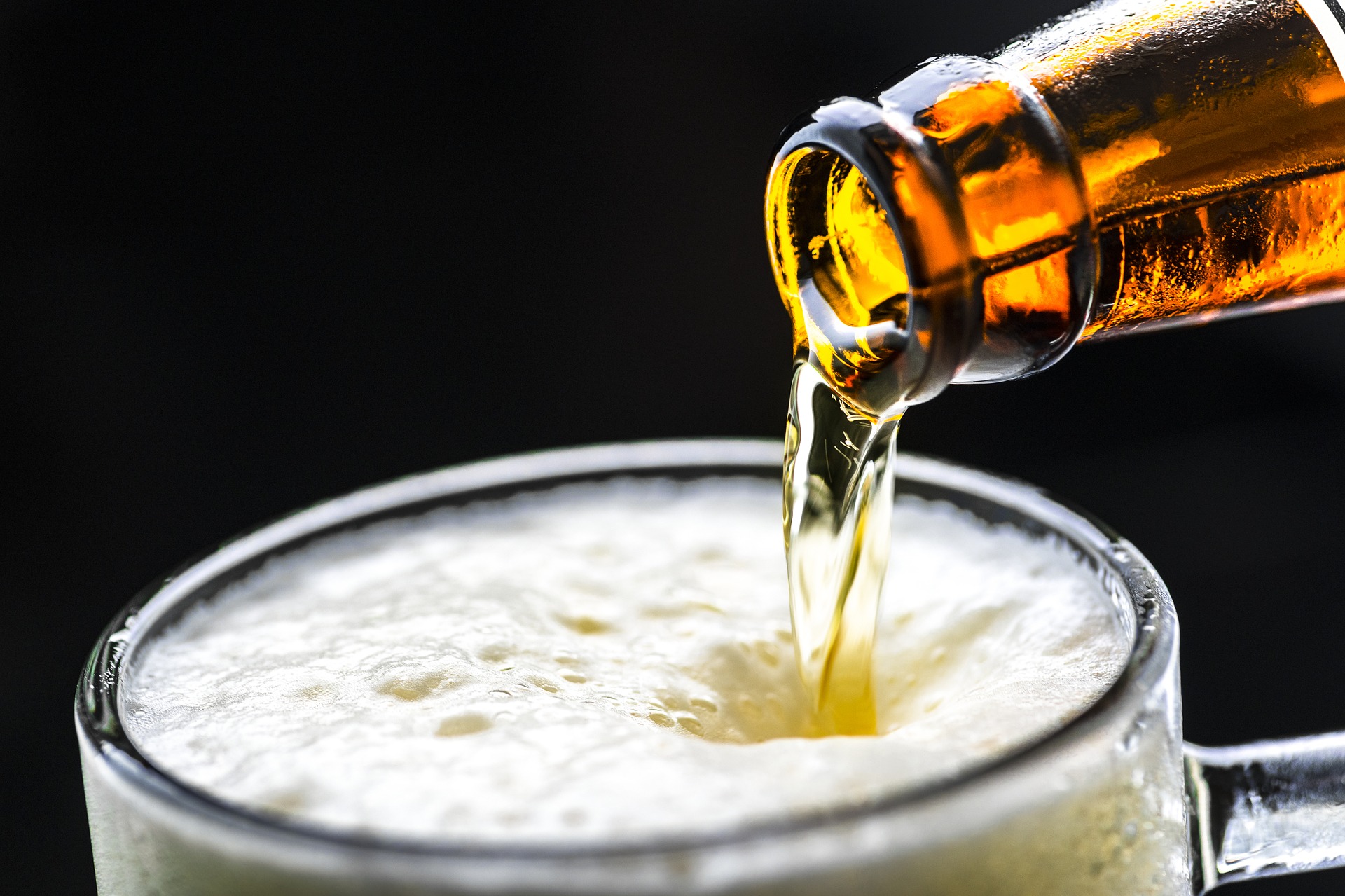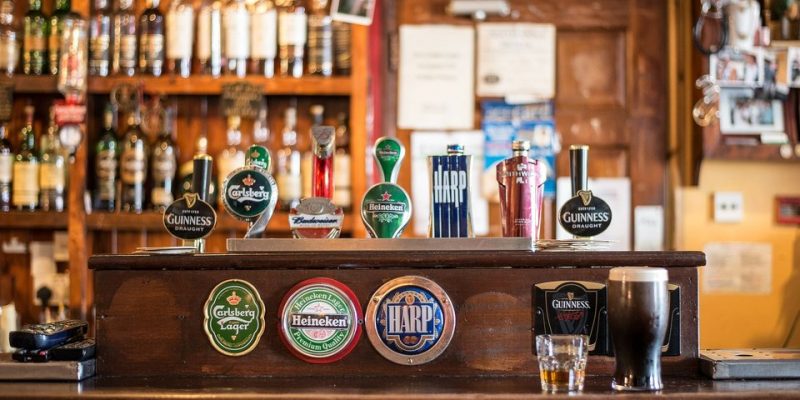Dry January is coming to an end for 2019, but how do campaigns like this help local issues?
Dry January is only a seven-year-old challenge, but every year it takes the UK by storm. Last year, over four million people took part in the national booze-free challenge.
Alcohol Change UK pioneer the campaign and encourage the nation to give up alcohol for the first month of the new year in an effort to save money, better your health, and shed a few pounds.
According to Alcohol Change UK, 88% of Dry January participants said they saved money, 71% had better sleep, and 58% said they had lost weight as a result of giving up the booze.
Local health bodies around the country are doing their part under the alcohol free-initiative as well.
Dry January in Dorset
At the beginning of the this month, Public Health Dorset encouraged residents to follow suit and give up drinking for Dry January, saying it is “the perfect way to reset your relationship with alcohol”.
Reflecting on how the month has gone, Will Haydock, Senior Health Programme Advisor for Public Health Dorset said: “It really seems to have caught the public mood. The biggest positive for me is that we’re having this conversation at all. It’s great if people sign up but the mainly, it encourages people to have a think about their own drinking.
It’s not necessarily the thing to do for everybody.
“In the longer term, you might be breaking that habit of drinking that bit too much throughout the year. Just by having a go at it for the month, it can lead to the long term behaviour change, but it’s not necessarily the thing to do for everybody.”
He notes that Dry January isn’t a “universal solution” for people who really struggle in their relationship with alcohol. He discusses further below.
Will adds: “My only fear with Dry January is that we start to see it as a universal solution to all alcohol policy problems. We need to be looking at the supply side, like pricing, availability and licensing, but also the broader culture and support that people who are facing bigger problems with alcohol might need, like treatment services and wider support.”
UK’s alcohol problem
It’s no secret that the UK has an arguably unhealthy relationship with alcohol compared to the rest of the world, claiming the title of 25th in the world for highest alcohol consumption. According to Public Health England, it’s estimated that alcohol misuse costs the NHS about £3.5 billion, and society as a whole £21 billion annually.

Bournemouth had the second highest number of hospitalisations for alcohol-related conditions in the South West of England in 2016/17, with 826 incidents.
Over that time period, Bournemouth was in 22nd place in relation to number of alcohol related hospitalisations in the entire of England.
According to research from the University of Sheffield and Kings College London, there were almost 3,000 dependent drinkers in Bournemouth in 2017.

Do these campaigns work?
It’s not to say that public health campaigns like Dry January are useless. People taking part report clear success and have an array of positive feedback, but clearly, there is a deeper issue relating to alcohol within Dorset and the UK. Will said: “It’s not surprising that the people who find it easiest to make the change are the people who are facing the least problems to start with.
“That’s a real challenge for us in Public Health or providers or alcohol treatment or national policy makers. The people we’re most concerned about who are drinking the most and are suffering the most harm from alcohol are the people least likely to engage in these kind of campaigns – even if they do participate, they’re the least likely to succeed.”
Street Scene is a drug and alcohol rehabilitation centre in Bournemouth which help those people who are struggling the most with alcohol.
Speaking positively on the booze-free initiative, Director of Street Scene Patrick Gormley said: “I think anything that stops people from drinking for while is beneficial. “They may come to a realisation that ‘maybe I have got a problem’. They might enjoy not drinking and reflect back on the month that’s gone by and think ‘I’ve saved myself £200, I didn’t have any hangovers, I can remember most of my nights out and I felt okay’. It could have a positive impact.
Dry January might trigger them into some action.
Patrick believes that campaigns like Dry January can provide help for people who didn’t think they needed it. “If somebody who is having problems with drink stays off it for a month, only to realise they’ve been using it as a crutch all the time, then it might trigger them into some action.
“It may help reduce health problems if somebody was to realise earlier in the drinking career that actually they’re not a social drinker and instead drink to cope, so this month might trigger that way of thinking. It might save them.”
“[Alcohol] is a very, very powerful drug. There should be more awareness around the dangers. It’s getting better, but it’s still not good enough. It doesn’t get the bad press it deserves in my opinion.

Making a difference
Will believe campaigns like Dry January won’t solve the bigger problem we face locally and nationally, but contributes to an important dialogue.
“It’s a really positive thing to be out there because it does help to change the conversation about alcohol. I think that if you compare now to five years ago, it’s much more acceptable to walk into a café or a restaurant or a bar and say ‘what alcoholic drinks have you got?’ and it won’t just be alcohol-free lager and a coke as your choices.
“There’s much more choice now and that’s down to the power of the consumer demanding that, and Dry January is definitely a part of changing that conversation.”
How well do you know your units?
Flip the cards below to find out how many units are in different alcohol.


 Could Dry January actually be good for businesses?
Could Dry January actually be good for businesses?